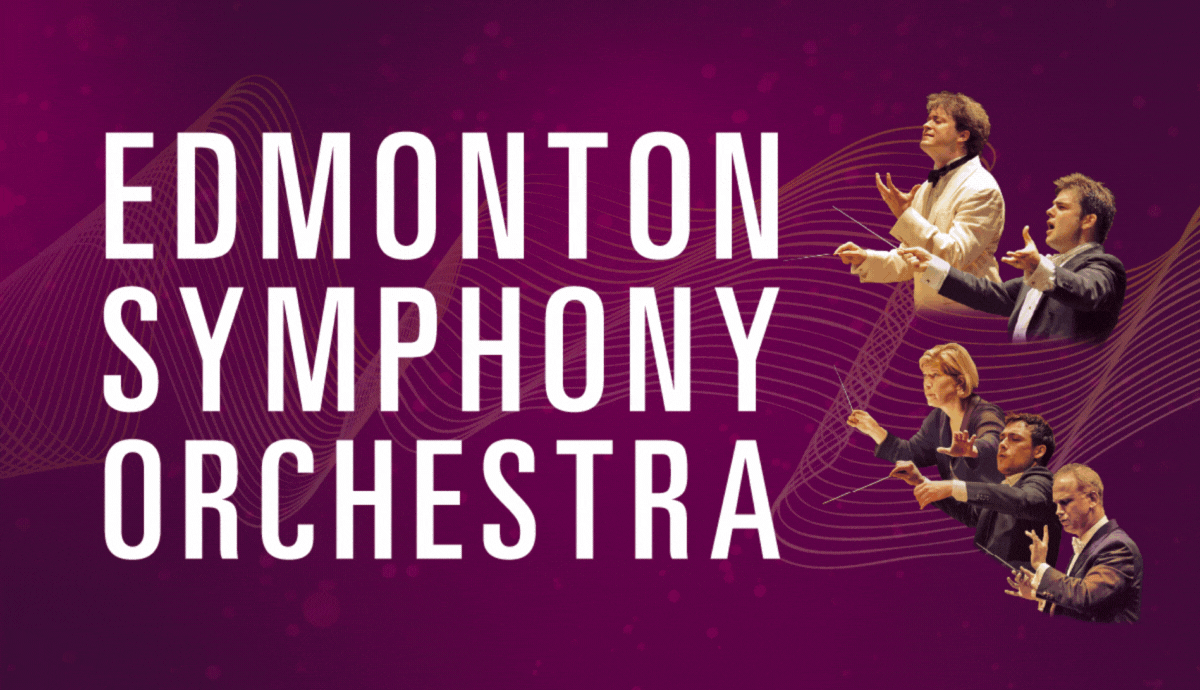It's not that I don't love what I do...
May 31, 2018

In some ways, it’s really too bad I have a job. Or, at least, the particular job I have. That being said, I love my job. My own experience as someone who grew up devouring classical music and learning all I could about it has, I think, made me uniquely qualified to share that sense of discovery and wonder about this great art form with others who also have little or no formal classical music training.
I often describe my job as that of a “de-mystifier.” So much about music seems couched in a special “code,” a reliance on forms, terms, and a specialized language that tends to actually put potential audiences off, and has them rather not bother dip their toes in waters they feel would overwhelm them.
Classical music’s reputation as stuffy or elitist is as unfortunate to those who live and breathe it as it is untrue. But we’re stuck with it, and I guess, over the last century or so, we’ve really kinda done it to ourselves. Mark Wigglesworth, former Music Director of English National Opera, has written a fine article that speaks to the fact that opera is an art form for everyone – or, for anyone willing to expose themselves to it. He points out the fact that even the word, “operatic,” has come to mean something grandiose and over the top. Similarly I would add, “classical” (pretty much always the wrong word for the music the Edmonton Symphony and others perform) has associations with timeless Greek columns and Roman philosophers – the whole carved in stone idea. Classical music is a term almost antonymic with popular music. And that’s just wrong.
One of music’s great revolutionary moments was the emerging Romantic era. It was then that many composers broke free from the servitude to a court or a church and became freelancers whose living depended on the concert tickets they sold, and the sheet music their publishers could peddle. A middle class audience was catered to, and people like Liszt (pictured above) and Paganini, for better or worse, added some showbiz glamour to their performances. There was no splitting up of classical vs. pop – the popular arias from the latest operas in Paris and Vienna were the pop music of the day. The concerts themselves were not the formal affairs they would become with the advent of studio recordings and the notion that the music itself was so sacrosanct that even a cleared throat was against some commandment or other.
People applauded between movements back then, sometimes demanding a repeat then and there (“encore” means “again,” after all – not an additional work after a programmed one). Longer works with more than a couple of movements would be broken up with other works played in between. Fans of the composer cheered and stomped their feet – detractors would boo or hiss, sometimes. All that changed in the 20th century, however, and we somehow got used to shutting the hell up once the Concertmaster asked for the oboe’s A.
Here’s the thing. I think that “classical music” is, like the best examples of nearly any art form, one that benefits from understanding it. My process of learning about music, a process which, happily, continues to this day, has been a steady series of “a-ha” moments. Learning what a fugue is was one thing – but hearing a piece being played and realizing that it was a fugue, and figuring that out for myself – that was magic. The fact that classical music has an abundance of these moments takes nothing away from Pink Floyd’s Wish You Were Here, Dali’s The Perception of Time and Memory, or Kubrick’s 2001: A Space Odyssey – other examples of particular art forms at their finest (IMHO). It also doesn’t mean I don’t appreciate a good, silly pop song or a cheesy action movie, either.
Musicians, believe it or not, are just people. They’re specialists, of course, in the same way a chef or a mechanic or a brain surgeon is. I’ve had more discussions about the Oilers’ lost season backstage at the Winspear Centre than I have about the ground bass in the final movement of the Barber symphony – and thank God. And what these dedicated specialists do, they do in the hope that it can be appreciated by those who have no idea how to tie a bowtie, or how to properly pronounce Louis Vuitton.
I hope that my program notes, my pre-concert talks, website videos, and post-concert discussions help break down that idea that what we do onstage at the Winspear Centre isn’t for everyone. It is, and I absolutely believe that. Let us know how we can do that better.
D.T. Baker



